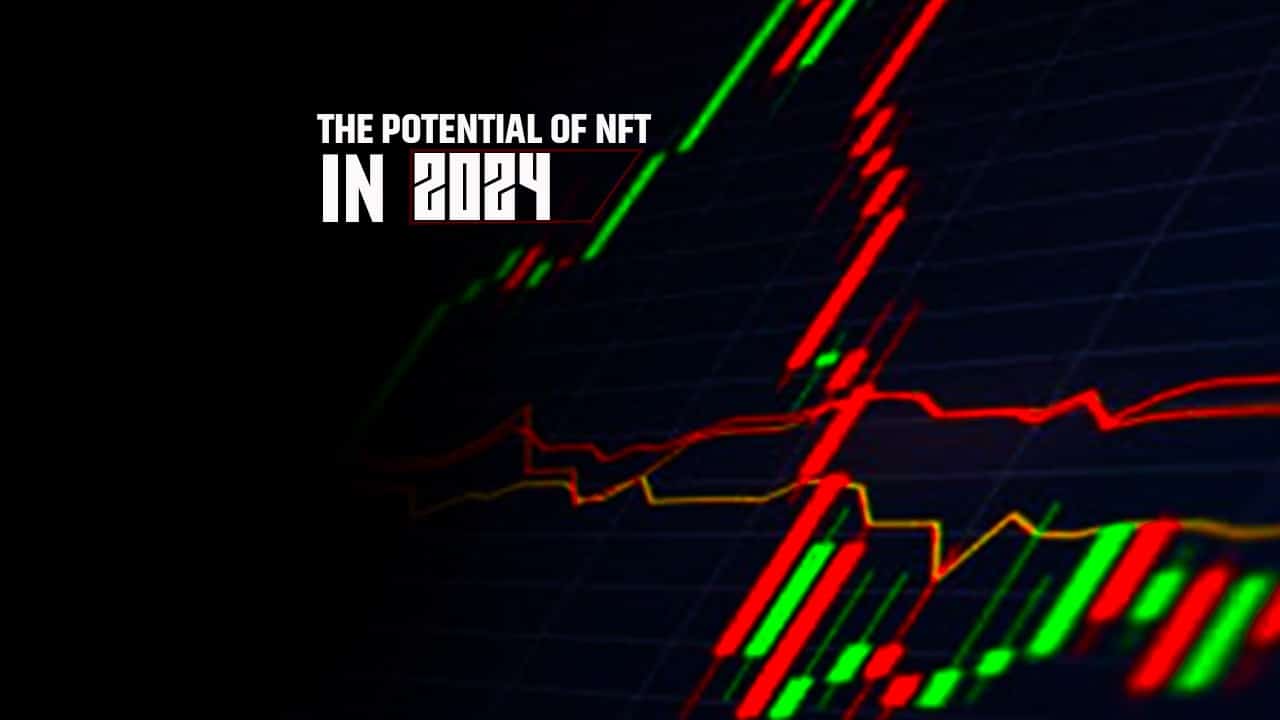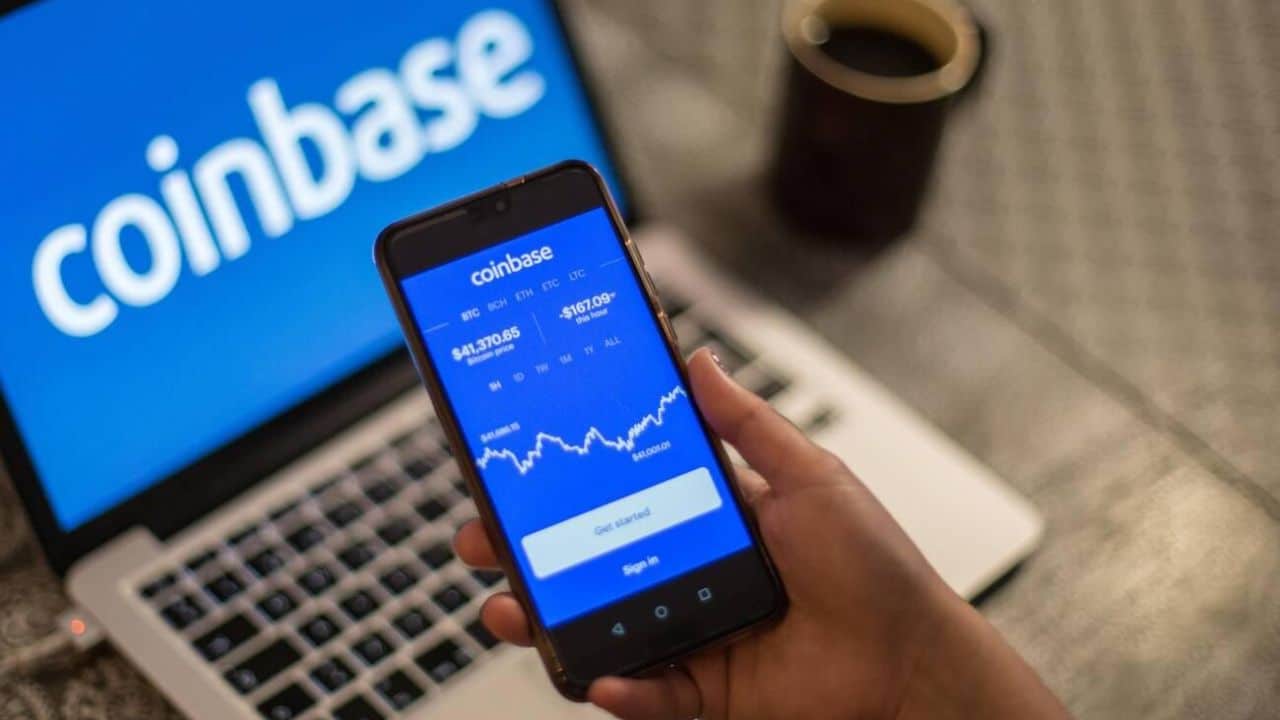Cryptocurrency and the blockchain might seem like two sides of the same coin, but their relationship is far more complex, and their use case is nearly immeasurable. While cryptocurrency is the most popular use case of the blockchain, this technology can be exploited in many other ways. In its simplest form, the blockchain is an unalterable ledger where a recorded transaction can not be removed, making it perfect for recording financial transactions.
But there are many other situations where an unalterable ledger would come in handy, with retail and e-commerce, betting and gambling, energy, and the entertainment industries readily coming to mind. Cryptocurrency and blockchain have already impacted and continue to influence these sectors.
Curious? Let’s find out how.
Finance and Banking
The impact of the great recession in 2008 can not be understated. A glance at some staggering statistics like the following would convince you that we have learned from our mistakes and are doing everything possible to prevent a recurrence:
- About 9 million jobs lost
- More than $7 trillion lost in stock wealth
- Just under $20 trillion in household wealth lost
- 10% spike in unemployment in under a year
But on closer inspection, it becomes apparent that some of the issues that made the problem fester still exist. While several dominoes had to fall for the financial crisis to rear its ugly head, one seemingly insignificant catalyst was the speed at which the clearinghouses covered firm failures and near-failures. While they emerged without a single default, it would have done the economy a great deal of good if the banks could bypass centralized authorities and settle their accounts themselves.
This autonomy and ability to think and move quickly are some of the reasons blockchain technology is revolutionizing the finance and banking industry. It provides ease, real-time transparency, reporting and calculations on the fly, and the ability to lend and borrow money and make settlements and reconciliations while offering improved real-time record-keeping on its network.
It instantly eliminates the need to have laborious reporting all the time as it is a self-reporting system with all the information on a network accessible to all invested parties around the clock. This makes it near effortless for investors and governments to access financial books, preventing money laundering and other fraudulent activities.
Betting and Gambling
The global betting market was worth a whopping $449.04 billion as of 2022. An industry this huge not only needs but demands transparency. Being able to account for all the money that leaves your account into these gaming and casino pockets is one thing that cryptocurrency and blockchain technology offer.
It might be arduous to implement with walk-in casinos, but there are cases where online casinos, like MegaDice and countless others, have already adopted cryptocurrency and blockchain technology into their operations. This is the evidence that it works and pushes similar companies into adopting the same.
Another advantage of adopting these technologies into the betting and gambling industries is allowing users to transport their assets digitally across platforms. Instead of buying in at every casino, you can have a digital account where you hold your tokens and simply access them when you want to use the casino’s services. It gets better when you consider how much anonymity having this option affords you.
Cybersecurity
In 2022 alone, there were 493.22 million ransomware attacks, with the global average data breach costing upwards of $4 million. With internet speeds getting faster by the day, people are exploring more of the web and putting more data on the internet; the cybersecurity risk soon becomes glaring.
When boiled down, your information can be stolen in two ways: human error and hacking. Both of which can be managed with the introduction of blockchain technology. Having your information saved on a centralized server means compromise of that one server leads to chunks of data being stolen and disruption of regular business.
The blockchain helps prevent these attacks due to its decentralized design. Its trustless nature and decentralized assets can prevent and resist attacks, beating hackers at their own game. Also, it prevents human error because it references and compares all your inputs and flags inconsistent entries. It makes it near impossible for someone to correctly mimic your digital footprint and gain access to your data without permission.
Supply Chain Management
The COVID-19 pandemic permanently impacted many spheres of life; one of them is how we handle and manage the supply chain. With many people working from home and unable to physically read paper-based manifests, it was very challenging for suppliers to meet their quota and supply essentials to people worldwide that needed them.
It is the same post-pandemic, especially with smaller suppliers who need more resources to compete with the juggernauts of the industry. This, coupled with the same paper-based style of operation, has caused a loss in resources, corruption in the ranks, and delayed service that affects the overall outlook of the company.
But with the introduction of blockchain technology, already implemented by companies like Deloitte and McKinsey, waybills are processed faster, and deadlines are met. These result in significant cutbacks on expenditure and happier customers.













































